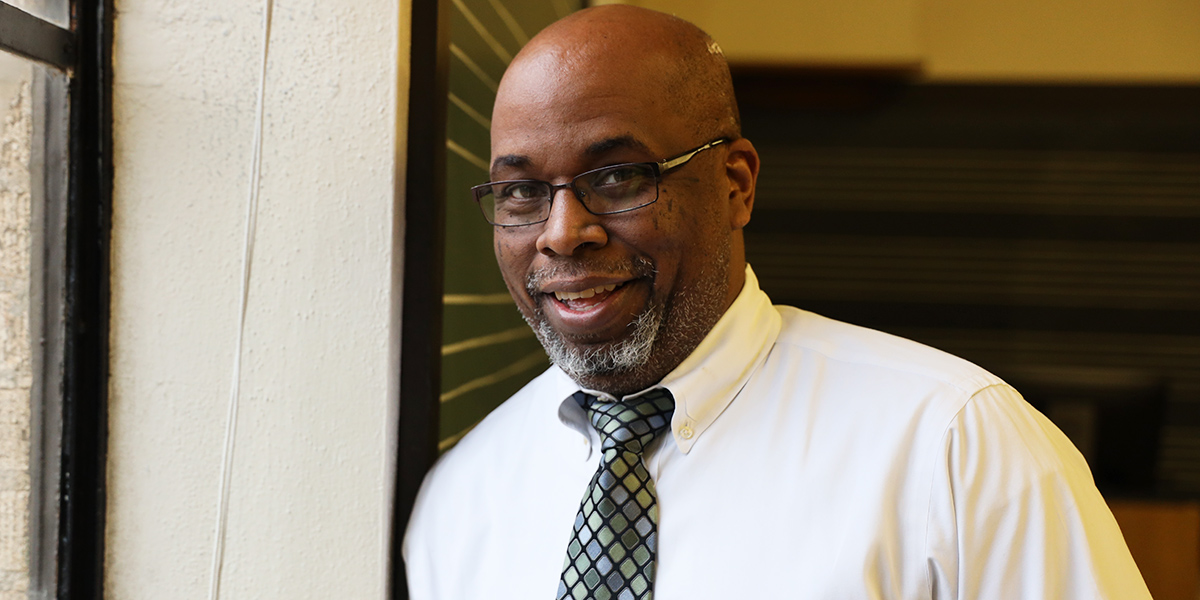Meet Baylor’s nationally respected expert on Black composers

Names like Ulysses Kay, Florence Price and William Grant Still aren’t as widely recognized today as they were in their time, but their impact on American music runs deep. They are just three examples of the Black composers Dr. Horace Maxile, associate professor of music theory in the Baylor School of Music, studies and shares in an effort to shine a light on the contributions made to concert and classical music by generations of Black Americans.
Maxile has become a national research leader on the works of Black composers, an area where he recognized a need for scholarly focus. Other musical forms like the blues, Black gospel and jazz have been the focus of rigorous study and preservation, but Maxile saw that — as he described on an episode of the Baylor Connections podcast — “for concert music or music in the classical or Western tradition, there is definitely a void” in the scholarship of Black composers. It’s a field that brings him into a wide array of sounds and styles, representing a diversity of approaches and voices that Black composers bring to their craft.
“The thing that I’ve learned the most is to not try to put a composer in a vacuum and believe that he or she should sound a certain way in order to be considered an African-American composer,” Maxile says. “There’s a wide array of ways that composers chose to express themselves and not be part of a perceived monolithic expressive voice.”
His interest in the subject was sparked in college and has grown throughout his career. Prior to coming to Baylor in 2012, Maxile served as associate research director at the Center for Black Music Research in Chicago. There, he contributed significant scholarly attention to Black composers through a variety of papers, articles and lectures, and served as an associate editor on the Encyclopedia of African-American Music. All the while, he scoured the country for additional music to discover and study. It’s a role that could be considered part excavator — he’s searched for music nationwide in dusty libraries, archives, and even piano benches in people’s homes — and part evangelist, as he enthusiastically shares the music with Baylor students within his classes, as well the broader public.
“If I can get people to at least consider the works, give them a shot and put them on the same program with Beethoven, Mozart or Brahms, and let the works stand on their own,” he says, “then I think my work is done.”
Sic ’em, Dr. Maxile!

